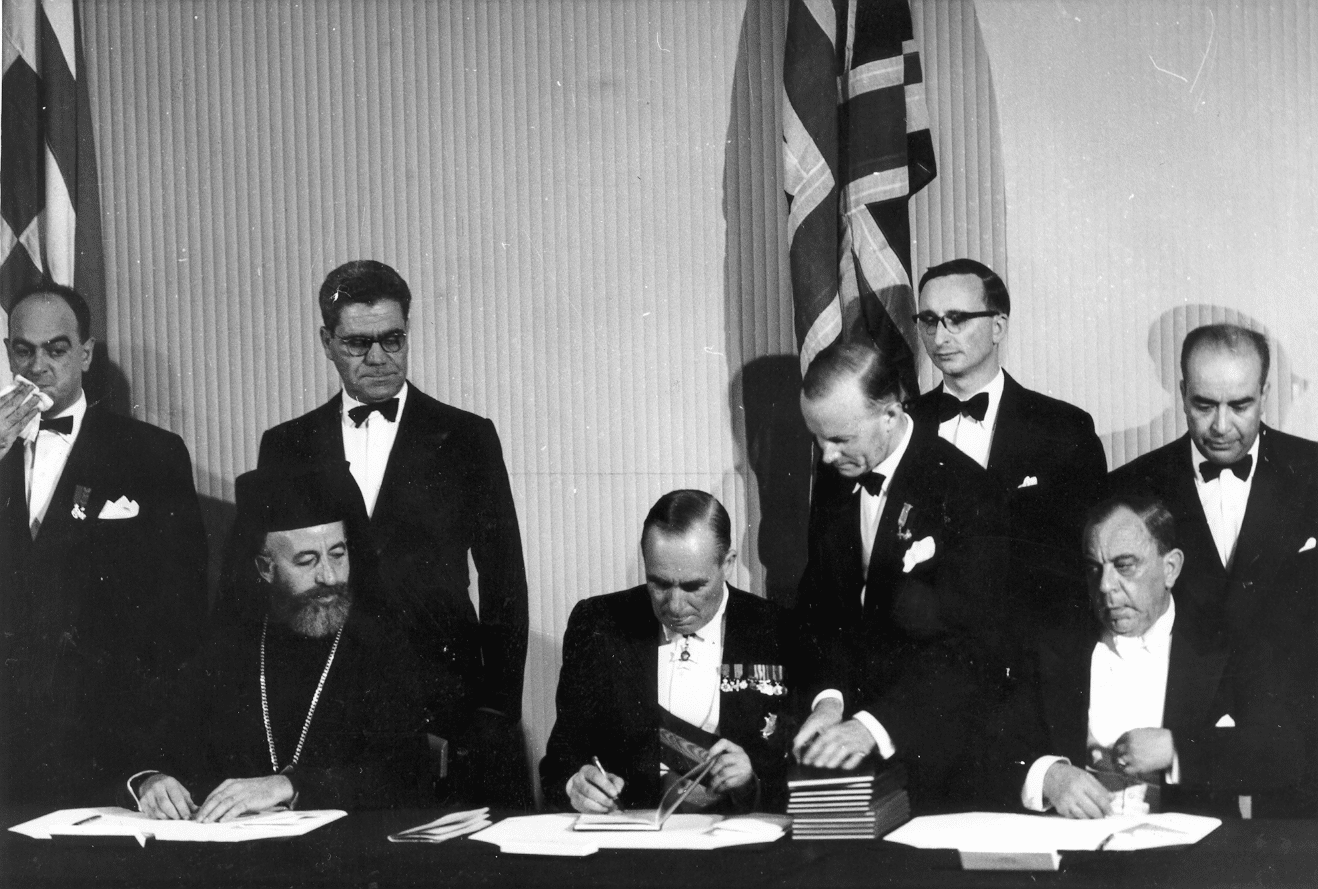In minds of successive governments, blame for the events of the past and ongoing impasse lies on the shoulders of others
By Gavin Jones
This latest article completes my trilogy and attempts to examine another feature of contemporary Cypriot life: the ‘art’ of shifting responsibility and blame onto others.
I’ve always tried to steer as balanced a path as possible, sometimes successfully, at other times not, when it comes to broaching characteristics of nations. It should be noted, however, that so many are common worldwide. And yet some are more pronounced and certainly different in their scope in some societies than others. Some may recall my recent attempts at dissecting the emotive subjects of nationality and corruption.
Where to begin when it comes to tackling this week’s topic? A good starting point might be at school. Many of us have been involved in playground scuffles and on teacher’s arrival, the combatants automatically shift blame for what has transpired onto others in order to appear lily-white and escape punishment. In most cases these incidents are dealt with and there are few or no consequences other than a brusque telling-off. When it’s more serious, the whole class can be punished. I remember an incident which got out of hand involving the throwing of bottles out of windows during a train journey. The whole school had their freedoms and privileges removed as a result. Collective punishment soon focuses the mind.
Shifting blame in Cypriot political life has become an art form which has been played out with great skill and cynicism. I can already hear hackles being raised that politicians everywhere, and not just Cyprus, are masters of this with many out there pointing fingers at Britain’s Boris Johnson, America’s Donald Trump and many others when it comes to side-stepping responsibility and blame. True enough. But let’s not deflect and keep our mind on what goes on here in Cyprus – and not only when it comes to politicians but also the population at large.
Ever since the establishment of the Republic in 1960, there’s a fervent belief that just about all the trials and tribulations experienced on the island are the result of outside forces and that none of the policies and actions of the leadership, often egged on by their compatriots, have had any bearing on where things stand today. It’s to be noted that during the early days of independence, a great amount of naivety was prevalent when it was thought that the East could be played off against the West, that Turkey would never dare to employ any justification to take belligerent action and that the outside world would fly to the island’s aid if necessary.
To quote Shakespeare’s Julius Caesar, Makarios strode the world like a mighty Colossus, was universally respected and could do no wrong. (Many still feel the same about him). In short, being the majority community was thought sufficient by the GC leadership to justify and invoke the democratic ideal by whatever means. What they failed to appreciate is that the ‘democratic ideal’ can only be exercised if other ‘realities’ are taken into account. And that meant the presence of a sizeable minority with its big brother a mere 65km to the north.
And this is where we come to the crux of the matter. In the minds of successive Cyprus governments and great swathes of the population, the blame for the events of the past decades and ongoing impasse lies fairly, squarely and exclusively on the shoulders of others: primarily Turkey, America and Britain, with the UN and EU also regularly added to this litany of those worthy of being blamed for the island’s misfortunes. The Soviet Union, and its successor, the Russian Federation, have naturally always taken ‘a principled stand’. Quite so.
It’s mentioned by many on the island that bigger powers always look after their own interests. Really?
Don’t families and small communities do the same so why shouldn’t the East and West follow suit and pursue their own strategic ‘interests’? The events of 1963, 1964 and 1967 are hardly ever referred to as being of much consequence. The expulsion of 160,000 Greek Cypriot refugees from the north to the south during the summer of 1974, while obviously catastrophic in human terms, is blamed wholly on the Turkish army but the catalyst, the Greek coup of July 15, is almost treated as a footnote. Action and reaction have no place in the Cypriot national psyche.
In conclusion, until and unless responsibility and ownership for past actions is acknowledged and how the world works is understood, any meaningful progress regarding the island’s future will remain a chimera.







Click here to change your cookie preferences